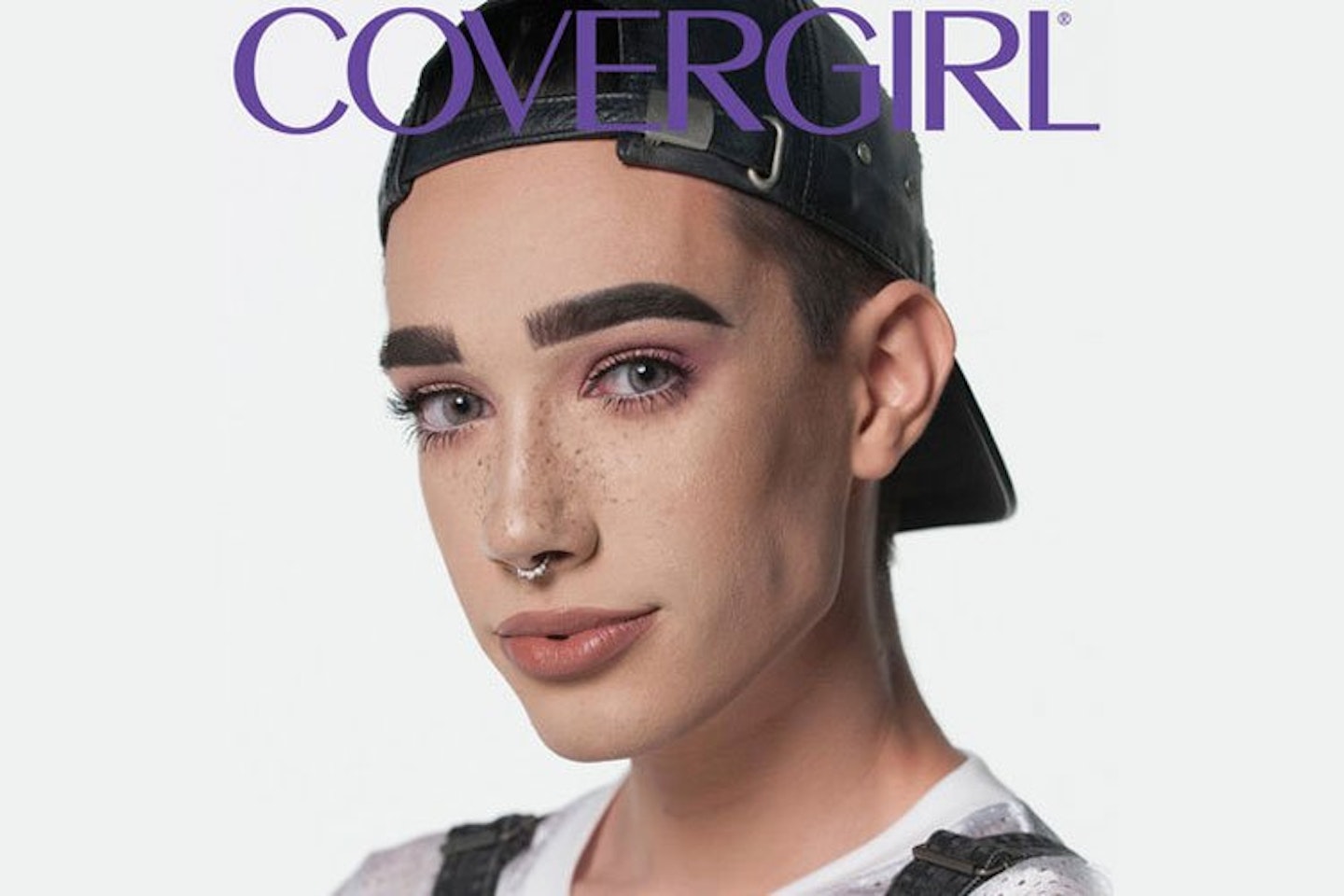A life before Kylie Jenner’s branded liquid lipsticks seems like aeons ago. Since the launch of her cosmetics back in November 2015, the make-up industry has entered into a desperate race to keep up with the competition. Big brands have been anxiously trying to catch up with their online, independent rivals, with the bar being set by social media stars, their accompanying makeup lines and collaborations and their avid, active followers.

Just a few years ago trends were dictated from within the make-up industry itself. They were seeded out at catwalk shows, where big brands had a hold of the backstage beauty arena. The trends were replicated for adverts and disseminated through magazines. But, this is no more. Now, the public turn to YouTube beauty gurus for recommendations and spot trends, like faux freckles, on their Instagram Explore page. We no longer need to rely on the media or make-up brands to find out what’s hot and what’s not.
In fact, these big brands have been forced to collaborate with internet sensations in order to sell products and remain relevant. Just a few years ago, it was unthinkable that Too Faced would bring out a palette not only influenced by, but made in collaboration with a Netherlands-born YouTuber.
Nikkie Tutorials’ The Power of Makeup palette with Too Faced is far from a one-off either: Tarte Cosmetics brought out a palette with Swamp Queen; Instagram star James Charles became the first “Cover Boy” for CoverGirl; Manny MUA and Patrick Starr launched a full collection with Morphe Brushes - the collaborations are endless. And while these stars thrive off of their lines with established brands, they’ve also made space for more independent cosmetics businesses than ever.

One of the most successful users of the internet to make a career in the beauty industry comes in the form of a skinny pink-haired sensation. For some younger fans, Jeffree Star is only known to them as a makeup mogul and YouTuber, for the rest of us, he was MySpace famous long before he brought out his first liquid lipstick.
His internet fame was reliant on his bright pink hair, androgynous aesthetic and a music career that scene queens and emo kids totally adored. Although a controversial character with many (videos have surfaced of some very problematic and offensive comments and behaviour) , Star knew how to work the online world to his favour and make a career out of it. In the time since, he’s turned his fame into one of the most successful independent makeup lines out there.
The rise of indie brands like Lime Crime, Jeffree Star Cosmetics and more have impacted the industry so much that other lines are struggling to keep up. While the likes of MAC have a strong enough cultural image to stay in the competition, brands like L’Oreal don’t pull in the profits like they used to.

While this could be for a number of reasons, it can’t be coincidental that its’ occurred just as there has been a rise in independent and influencer endorsed brands. It seems that a celebrity or model name isn’t enough anymore, but spokespeople for these makeup lines must be internet savvy too. Not just that, but those who have found their fame online are more influential than ever. Another case in point: Last year Estee Lauder saw sales slipeven with supermodel and it girl Kendall Jenner fronting their campaigns.
To keep up, CoverGirl took the leap to introduce their first 'Cover Boy' with Instagram user James Charles. Shortly after, Maybelline followed up with their first male ambassador MannyMUA. This doesn’t just come as a step forward for an internet influenced culture that is represented, but a diverse one too. With both brands taking the leap to use male figures in their campaigns for the first time ever, it seems as though the internet’s impact on the mainstream makeup world is having a positive effect for minorities just as much as it allows for a majority ruling - based on followers and internet popularity - on who people want to represent them in this industry.
If brands aren’t setting the trends, but following them based on what is the most popular online, then the independent consumer wins. What we like on Instagram turns into who we see in adverts and who influences new products in the market. While incidents like James Charles’ racist remarks show that it isn’t always a promising idea to pluck someone from IRL obscurity, the sense of independence, choice and diversity found URL still stands strong.
The proof remains that anyone can make it in the beauty industry, regardless of race, weight, gender and sexuality - from being perpetuated by an internet culture, the influence has gone from our Instagram feeds into the real world.
Liked this? You might also be interested in:
There's Now Another Household Item You Can Use To Apply Foundation If You Don't Have Brushes To Hand
What Happened When I Went Dumpster Diving For Beauty Products
This article originally appeared on The Debrief.
